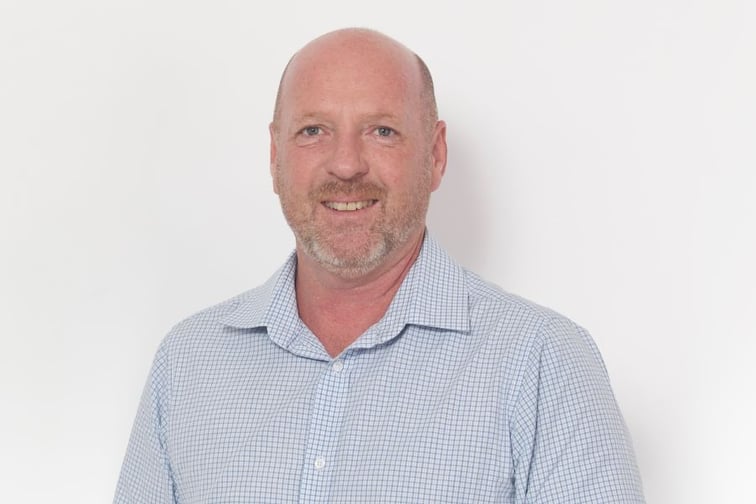

One of the challenges for brokers offering coverages to heavy vehicle operators is few insurance options. The result can be expensive premiums. However, early indications suggest that telematics could be easing some of the pain from these high costs.
“The number-one big issue is a lack of insurers or underwriters,” said Philip Toohill (pictured above).
Toohill is an Auckland based senior broker for ICIB Brokerweb. His 30-year-old company, MultiSure, merged with this large network last year.
Toohill’s speciality is heavy motor – trucks or lorries – and risk advice and logistics for the transport sector.
“The big rigs,” he said.
Toohill is a realist about his insurance challenges.
“We need to face it as Kiwis that we are a pretty small country with a relatively small economy,” he said. “A lot of people don't like to recognize that but it affects all sorts of things.”
Including insurance in the transport and logistics sector.
Toohill said it’s well known that New Zealand’s business landscape is dominated by small firms. This can make it difficult, he said, for large companies to accumulate the scale of business they need to be profitable.
“Generally, our clients are still more the mum-and-dad type operators,” said Toohill.
He said these SMEs don’t have the corporate-style setups and HR departments that big players can more easily form business relationships with.
However, that doesn’t mean some big insurance firms haven’t tried to fill this insurance gap.
Toohill mentioned insurers with a specialisation in trucking that set up New Zealand operations from bases in Australia but then pulled out.
For example, he said, NTI entered the local market about 15 years ago and withdrew after two years.
News reports say the firm ceased offering transport related coverages in 2012. The same reports say Insurance Australia Group NZ (IAG NZ), transferred this portfolio to its local NZI brand.
Global Transport and Automotive (GT Insurance), another big player in the heavy truck and transport space in Australia, also made efforts across the Tasman. This firm is underwritten by giant insurer Allianz.
“They lasted a little bit longer,” said Toohill. “But again, couldn't get that traction, size and scale, and so they pulled out.”
According to the Allianz website, GT Insurance ceased operating in New Zealand as an underwriting agency in 2017. Instead, it was integrated into Allianz New Zealand.
Toohill said this has left his customers with few choices for insurance coverages.
“It's very hard to find alternative insurance outside of a very select few,” he said.
IAG’s local brand, NZI, he said, is now likely the biggest player in the heavy vehicle insurance market.
“They do a very good job,” said Toohill. “They've got what they call a Fleet Fit program, which is a specific risk management program for the transport industry.”
This telematics-based offering, said Toohill, involves NZI reps meeting with his customer and then developing a bespoke program. He said this can be an “extra incentive” for his NZI customers to remain with this firm’s covers.
“We are seeing some traction with our clients,” he said.
Toohill said much of the data supporting these telematics offerings comes from information collected by New Zealand’s Auckland based toll road service provider, EROAD.
On its website, EROAD describes itself as “a fully integrated technology, tolling and services provider.” The firm says it is “the first company in the world to implement a GNSS/cellular-based road charging solution across an entire country.”
Toohill said the telematics offering from NZI includes monetary incentives “and flow-on incentives on the premium side” to encourage his heavy motor customers to take it up.
For example, he said they provide free in-cabin cameras that are used to gather data on driver behaviour. Toohill said if a driver’s data puts them in the top 25% of drivers they receive insurance benefits.
However, he said that, so far, the uptake of telematics based insurance offerings by the heavy motor industry is disappointing.
Toohill said this “patchy” uptake is a result of heavy motor owners tending to take it up in response to soaring premiums.
“To be honest, a lot of it is more reactive than proactive,” said Toohill. “Some clients are taking it up because they've got themselves into a bit of a distressed state with their insurance program because of claims.”
He said his firm is trying to address this issue by being more proactive with customers.
“So before the trucks are producing claims,” said Toohill.
He also said some of New Zealand’s big players in the trucking business are now making telematics compulsory for their drivers and contractors.
How do you see the insurance challenges for heavy motor in New Zealand? Please tell us below
